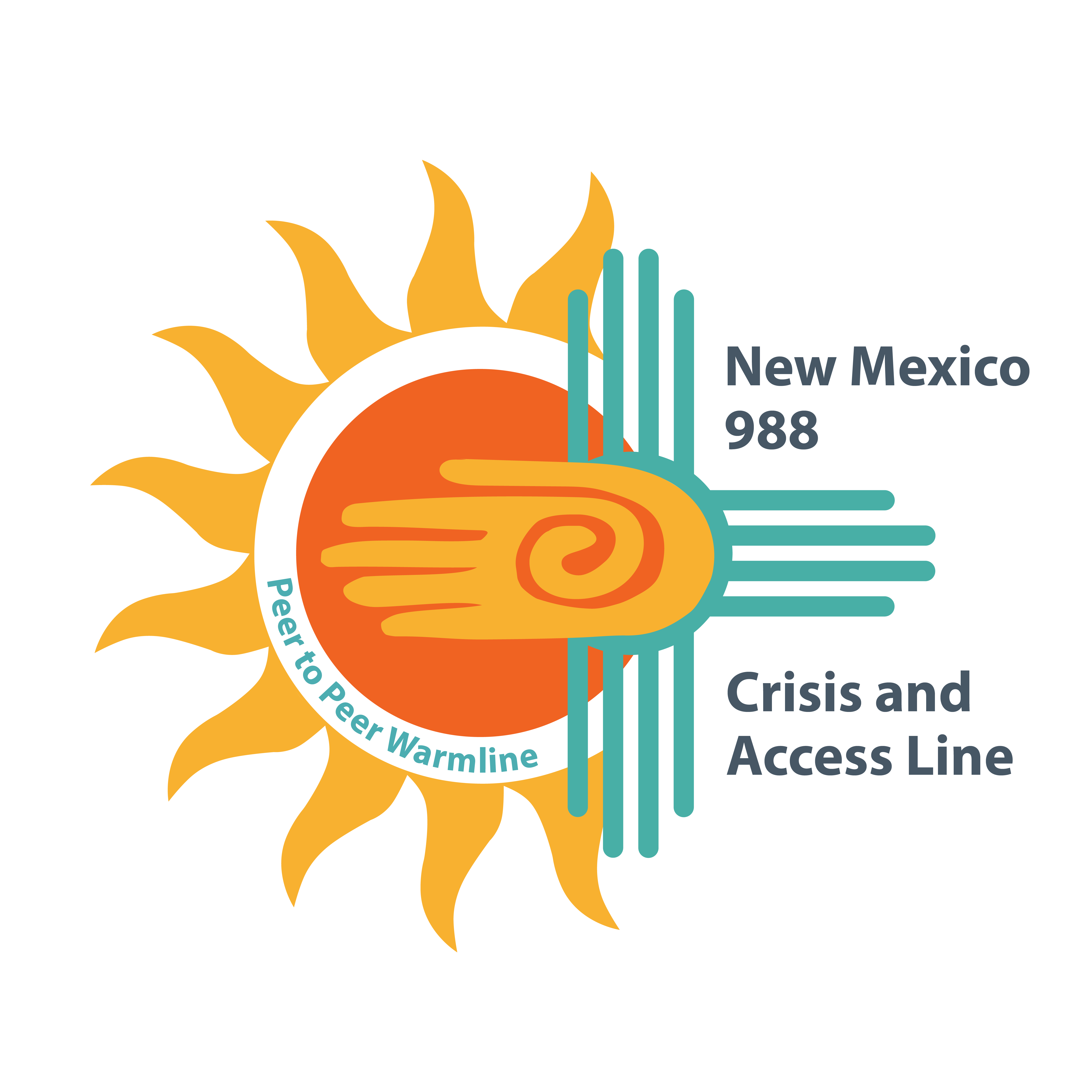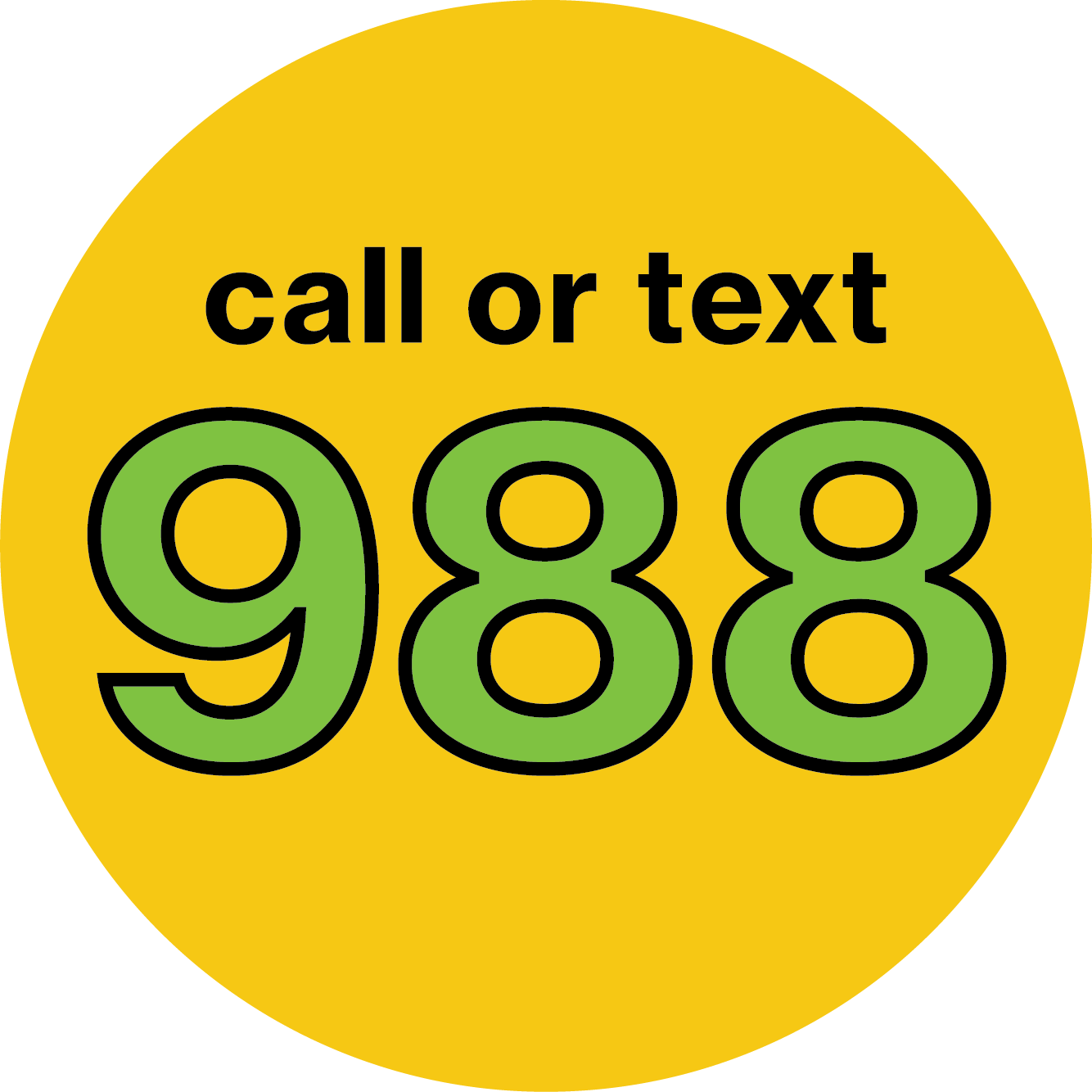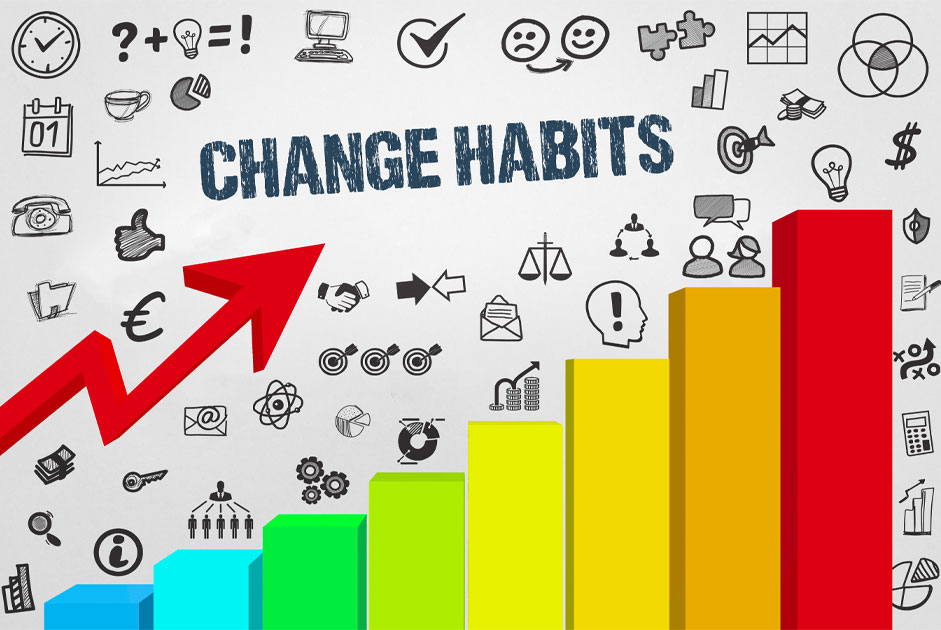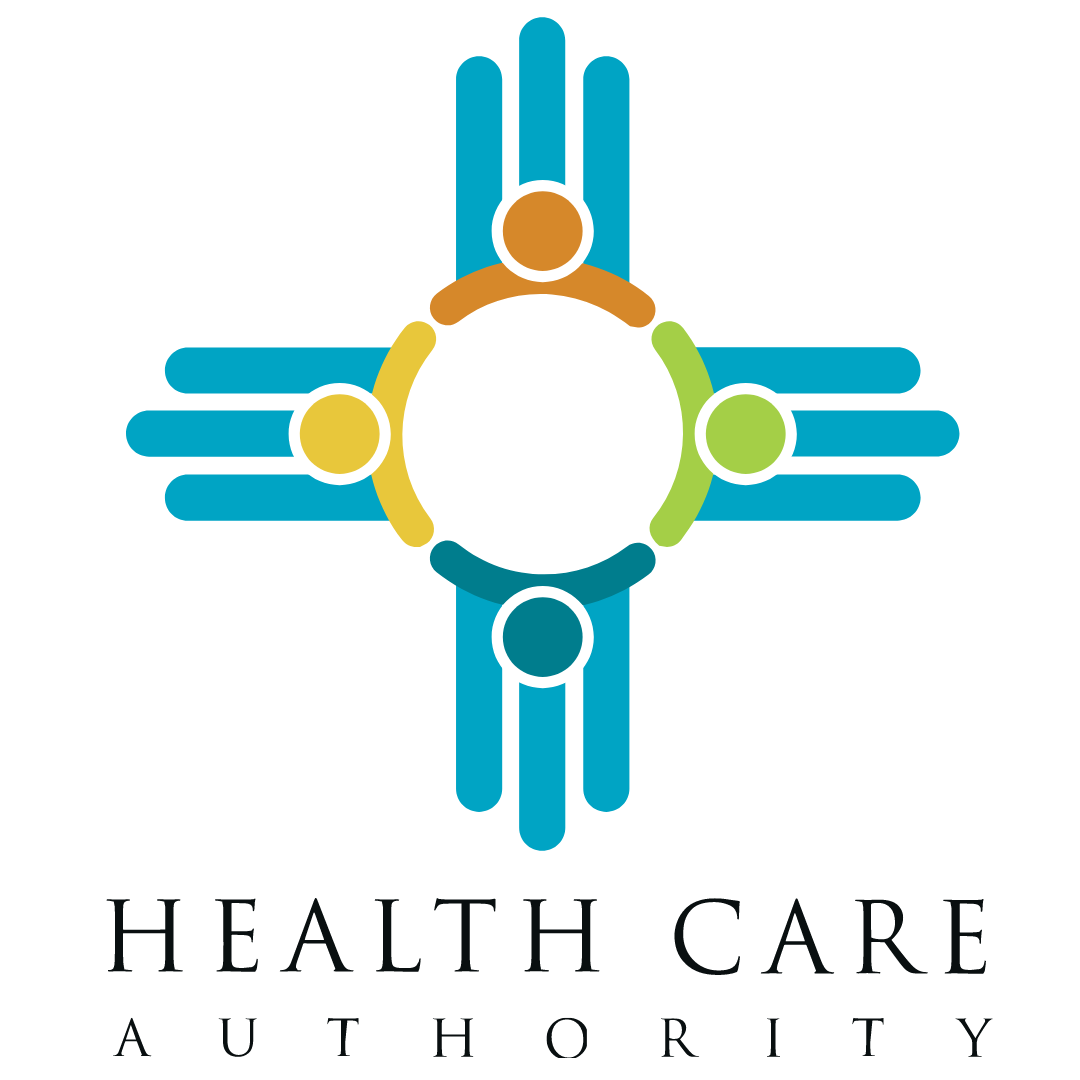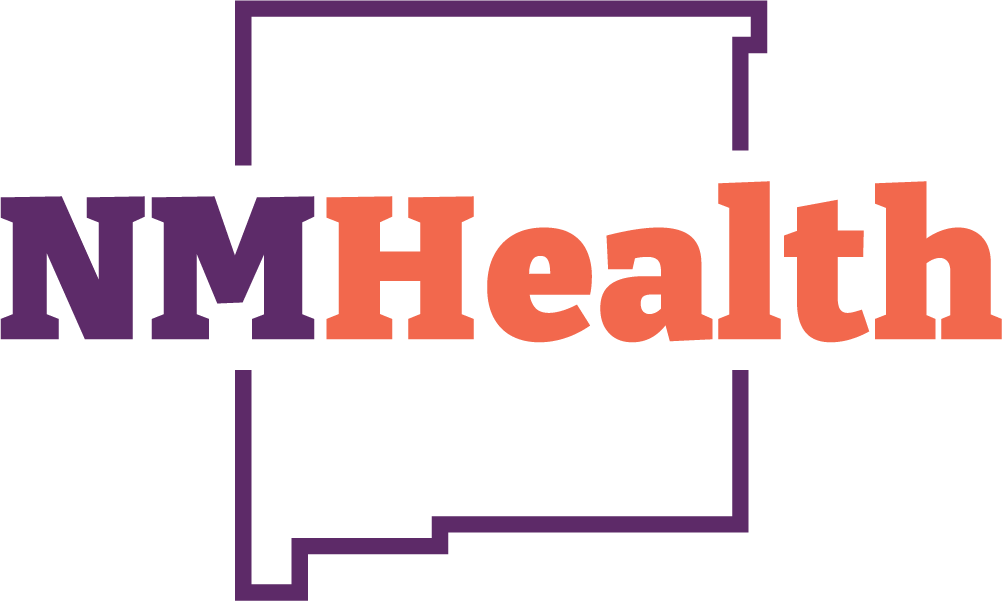The start of a new year usually brings encouragements to create a clean slate, conversations to take stock in something, reminders of what others think we should be doing, and solicitations that promote people to consider changes in their life.
However, before you make any changes, commitments, or new years resolution, we want to encourage you to stop, pause, and think about what you truly need right now. Because while sometimes changes are needed to begin a path to wellness. Other times what is needed is sustainability, a recommitment, or a renewed dedication to something that you have already been working on.
A recent study suggests that the “new year, new you” could be damaging to one’s mental health. The idea of setting new goals that are vague, unrealistic, or heavily influenced by what one believes others expect of you can lead to unrealistic goals that you may set for yourself, and then find hard to keep. This in turn could leave you feeling guilty, disappointed, and self-loathing, if/when you do not accomplish them.
A recent survey showed that only about 10% of people who make new years resolutions stick with them by the time mid February rolls around. This study went on to share that willpower isn’t necessarily to blame for this. The real problem might be the resolutions one picked in the first place.
With that thought in mind, we want to remind you that this doesn’t mean you should give up on resolutions completely. Resolutions can be a great catalyst for supporting your wellness. As you continue on your path to wellness, we want to encourage you to find opportunities and commitments that offer you a strong sense of confidence and empowerment. Set goals/resolutions that are specific, measurable, achievable, realistic and anchored within a time frame that you feel is accomplishable. Begin with focusing on making small positive changes that can help cultivate positivity and improve your overall mental health.
According to Shawn Achor, a leading expert on happiness and positive psychology, small changes that touch on how you positively interact with others or how you cultivate your inner world can lead to big wins across the board. Achor shares that when you are positive, your brain experiences a major performance boost called the ‘happiness advantage’.
The happiness advantage works when you’re hopeful and appreciative, for this is when dopamine floods into the body. This not only improves your mood and triggers feelings of happiness, but it also turns on all of the learning centers in the brain, enabling you to be more engaged, creative motivated, energetic, resilient and productive. In other words, choosing a resolution that taps into this dopamine lift will help you keep your promise(s) to yourself. The best part: no grand overtures are needed to reap the benefits.
To begin a happiness advantage strategy, here are a few ways you can train your brain to be more positive, more optimistic, and more successful.
- Practice gratitude. Short on time? Practicing gratitude is one of the quickest and most effective ways to increase happiness, manage depression, and cultivate resilience. All it takes is jotting down or mentally acknowledging a few things you’re grateful for every day. Gratitude is a skill, but with practice you can change the lens through which your brain views the world.
- Try keeping a journal. Whether it’s revisiting a positive experience you had during the day or doing a quick-fire brain dump of all the negative thoughts swimming around in your head, journaling is a great way to ease anxiety. The process can also help you to recognize triggers and learn how to manage them, make sense of how you’re feeling, work through issues and keep yourself from ruminating so you can finally get some quality sleep.
- Move your body. Studies show that movement is an effective form of medicine in helping manage depression. You don’t have to sign up for a marathon or even join the gym but engaging in some form of exercise every day—a short walk, yoga, or a barre class—can go a long way in keeping your mental and physical health in tip-top shape. The thing that makes this different from the classic, “I want to lose five pounds” resolution is that you’re focused on the action, not the outcome. It changes the intention and how you measure success.
- Unplug. There is growing research showing a negative correlation between screen time and psychological well-being. Most of us know that Instagram, Facebook, and other social media apps are more like highlight reels than accurate portrayals of people’s real lives, but it’s hard not to start comparing yourself with others and start feeling anxious and inadequate because your own life seems radically less rosy. Try taking a step back from your social media accounts and see how it impacts your mood and stress levels. You might find that you’re much happier (and not missing out) not being constantly connected. Plus, you may even find that you have more time to dedicate to the things and people that actually bring you joy.
- Nourish relationships. Fact: being around other people is critical for your health. Carve out time this year to connect and deepen relationships with the people in your life that inspire you and nurture your soul. Instead of hitting up happy hour, use your time together to get out into nature or attend a cultural event or try something new.
Then try adopting these strategies for real, long-term lifestyle changes:
- Make a game plan. Having a goal isn’t enough. If you want to see it brought to fruition, you need to define a plan for how to achieve it. That means breaking it down into bite-size chunks and identifying the specific action you’ll need to make the change happen. Then make your resolutions a priority and block out the time in your schedule for them. Treat these time blocks as important appointments.
- Think in tandem. Instead of feeling overwhelmed at the idea of both spin class and the farmers market, gain confidence that a duo of goals often complements each other. “New science tells us that two resolutions are likely to prove as equally successful [as one] when they are closely related, such as eating and exercise, smoking [cessation] and stress management, or relationships and communication,” says John C. Norcross, PhD, distinguished professor of psychology at the University of Scranton.
- Track progress and celebrate wins. According to Charles Duhigg tracking progress and celebrating success along the way will help you stay motivated and up your chances for success. He writes: “Small wins fuel transformative changes by leveraging tiny advantages into patterns that convince people that bigger achievements are within reach.” There’s no doubt that self-monitoring increases the probability of keeping a resolution. Studies show that some health-related apps have a positive, short-term impact in terms of making changes since they combine self-monitoring, reminders, and rewards.
- Harness the power of habit. Targeting your habits is one of the most effective ways to create lasting change. The brain forms a habit when it is consistently rewarded for a given behavior. To create a new habit, you need to define a cue (a trigger that initiates the desired behavior), a routine (the desired behavior), and a reward (the benefit received from performing the behavior)—what Duhigg calls a habit loop.
- Don’t beat yourself up. Slip-ups are bound to happen on the route to reaching your goals. Don’t throw in the towel just because you forgot to journal one morning because you were in a rush or skipped the gym for a week. Sometimes life just gets in the way. Acknowledge what happened and get back on track.
Learn more about how to set yourself up for success in the year ahead, and learn more about the 8 dimensions of wellness that will assist you in maintaining your wellness.
And remember, you are not alone on this path to wellness. If you or someone you know needs to talk about the mental and emotional concerns they are experiencing, there is always someone here to talk with you at the New Mexico Crisis and Access Line, the Healthcare Worker and First Responder Support Line, or Peer-to-Peer Warmline.
Download the NMConnect app to easily access the call lines and resources.
- Link to the Apple iOS download
- Link to the Google Play Store download
